Clytemnestra, Queen of Mycenae Welcome back Myrmidons to Greek Mythology Retold and the Homeric Chronicles. The first 3 episodes were dedicated to establishing the narrative timeline and the next several episodes are grouped together as the: Wonder Women of Greek Mythology. Let’s begin with Clytemnestra. She’s one of the strongest mortal females in the Trojan War narrative. Although she’s a classic tragic heroine, her fatal flaw is one any mother—I’ll bet any father as well—can personally relate to. Her mythological story arc is a long and painful one, punctuated by brief moments of joy she finds in renewed love and the birth of her last child. Also, her inability to grasp how her focus on avenging her daughter’s death stole the joy of the life in front of her is also a uniquely human and relatable experience. Who hasn’t struggled with balancing the past, present and future? As a woman writer of Greek mythology, I find her one of the most intriguing characters to research and write. She’s probably one of my favorites, if not THE favorite. In my episodes 1 and 2, I debunked the 4 egg, simultaneous “hatchings” of Clytemnestra, Helen, Caster and Pollux for a variety of reasons…mostly narrative structures that make sense for humans, and how these characters in particular relate to other, stronger story lines of other major characters. It’s a lot to balance, for sure, but not impossible. In the Homeric Chronicles, Clytemnestra is the elder sister of Helen by a generation. She’s an established widow and a twice married woman by the time Helen is born. I’ll cover all the details of Helen’s conception and birth in a later episode of this Wonder Women of Greek Myth section called: Two Wronged Queens. After Clytemnestra is born, she’s the first princess of Sparta. No doubt Queen Leda had affection for her daughter, but she was already emotionally scarred by Zeus so it makes sense Leda would be one of two ways with Clytemnestra: distant and self-protective or suffocating and over-protective. Both natural reactions to her trauma of being raped by Zeus. What I had to do in the Homeric Chronicles was make a choice for the narrative and HOW that would then shape Clytemnestra’s relationship with her and Clytemnestra’s development as a woman. Knowing what trials Clytemnestra endures, I chose the colder, distant Leda who would then foreshadow what her eldest daughter would become. Unfortunately for Clytemnestra, she (and Helen) is doubly cursed. The first curse comes from within Clytemnestra’s own family. Hesiod informs us in Fragment 67 of the Catalogue of Women that Tyndareus, Clytemnestra and Helen’s father, offended Aphrodite because “while sacrificing to the gods Tyndareus forgot Aphrodite” making the goddess “angry and [so] made his daughters twice and thrice wed and deserters of their husbands.” And Hesiod also says: (ll. 1-7) "And laughter-loving Aphrodite felt jealous when she looked on them and cast them into evil report…and even so Clytemnestra deserted god-like Agamemnon and lay with Aegisthus and chose a worse mate; and even so Helen dishonored the couch of golden-haired Menelaus." What are the implications of Aphrodite’s curse for Clytemnestra and Helen? Basically, they’re doomed to be unvirtuous women, it’s the ancient world’s version of “slut-shaming” the sister’s for something THEIR father did wrong. Maybe it’s because of the first curse that they were destined to be married into the bad luck club of House Atreus, adding the second layer of misfortune. A string of heinous actions, including patricide, infanticide, cannibalism, incest, and adultery can be traced back to Agamemnon’s and Menelaus’ grandfather, Tantalus #1. Tantalus #1 was a crazy sociopath who boiled up his son for dinner and served him to the gods. This was an unforgivable act resulting in him being sent to Tartarus—the dark hole of never-never land-- forever. And the bad luck trickled down through the bloodline of House Atreus to Agamemnon and Menelaus. So, what happened to Clytemnestra happens because of the sins of the men who had societal control of her life. Not unusual in a patriarchal society. Clytemnestra isn’t immune from the curse plaguing House Atreus for several generations. House Atreus is teeming with its share of heinousness, including patricide, infanticide, cannibalism, incest, and adultery traceable all the way back to her great-grandfather Tantalus #1, father to both Thyestes and Atreus. (To avoid confusion at this point, there are 2 or possibly 3 related characters named Tantalus in this story line). Tantalus #1 was a socio-path or just plain crazy because he served his son, Pelops, to the gods for dinner, a particularly unforgivable crime for which he was eternally damned. This is what started the cloud of doom trailing his descendants, including Clytemnestra once she marries Agamemnon. It doesn’t seem that Clytemnestra received any more privileges as a princess than we’d expect women to have in the ancient world. She’s given to her first husband, Tantalus #2, when she was a virgin, so it’s likely she was a bride at 16 or 17. She became a Princess of Mycenae by marriage to Tantalus #2, because his father, Thyestes was King of Mycenae. (OKAY, NOW I have to diverge a bit about all the Tantalus-es because the mythology on Tantalus #2 and #3 is kind of murky. According to Apollodorus and Pausanias, Tantalus #2 was a Prince of Pisa OR the son of Thyestes, and Tantalus #3 is the son of Thyestes. I made a decision in the Homeric Chronicles to merge Tantalus #2 and #3 in to a single character, and I’m going with that the whole way through. What makes for good page turning is that we keep the cannibalism in there. Back on track now… So, after she’s married to Tantalus, they have a child. Not long after that, Agamemnon in cahoots with Tyndareus, Clytemnestra’s father, attacks Mycenae brutally killing Clytemnestra’s first husband and child. This level a trauma scars Clytemnestra’s psyche, planting the seeds of future blood and vengeance. But, when her father forces her to marry Agamemnon those seeds get pushed deeper into fertile soil. In the Homeric Chronicles you’ll watch as she develops a strong core of hate born of grief. She becomes the cold and distant mother Leda was, much for the same reason: being traumatized by the men in their lives. When you experience that kind of pain, it’s natural to distance yourself as a protection against more hurt—even if that means pushing away emotions and people you love, because, well, if something should happen to them, you’d experience more pain. It’s a vicious cycle. Clytemnestra’s marriage to Agamemnon cements the Queen of Mycenae’s complicated foundation. In the Homeric Chronicles chapter 21, there’s a pivotal scene between Leda and her daughter on how to have a measure of power: ________________ “You would have me continue as if he’s done nothing? Even Thyestes received greater mercy than I am expected to endure. Agamemnon killed my husband. My son. Your grandson. Does this mean nothing to you?” Leda took her daughter roughly by the shoulders, shaking her words into the young woman between clenched teeth. “You stupid girl! Have you not learned already? Do you think men the only creatures who go to war? The only ones who gird themselves in armor? You think there’s more bravery in hacking a man in two than the plight of women, who pass by the horror, slipping on the blood and shit of strangers to find their men? Bring them home. Stitch their gaping holes, praying to the gods for their healing all the while knowing death drags them to the Underworld? Every step you take, every word you utter is a strategy in a war for control of your world. Agamemnon has won the first battle.” Tears slid down her daughter’s cheek, and Leda gentled her tone. “Gird yourself, my darling, with your words, your plans. Don’t let him win the war.” The princess wiped the tears from her eyes and stiffened her jaw. “I will rule my world.” “Now, you sound the true Spartan princess.” ______________ Women didn’t have the freedom to choose their own path; who they were-- was defined for them by the men in their lives, first their father and then their husband. Clytemnestra has no choice but to marry the man her father tells her she must, even if he’s the murderer of her first husband. Her life had value only because it legitimized Agamemnon’s claim to the Mycenaean throne. After the marriage, years of calm followed. As did two more children, Orestes and Elektra. Peace held in Mycenae until the day, a Trojan prince absconded with her younger sister, Helen of Sparta—her sister and her husband’s brother’s wife. It’s an affront the “boys of House Atreus” can’t let go. They organize an expedition against Troy. Up to the call to the Second Trojan War, life was fairly calm for Clytemnestra as she worked within her position as Queen of Mycenae and mother of three royal heirs to gain control of her world. She balances her buried grief for the deaths of Tanatlus#2 and her child with the life imposed on her by her father. She uses her feminine wiles to keep Agamemnon and the household loyal to her. But, as Sigmund Freud said: “Unexpressed emotions will never die. They’re buried alive and will come forth in uglier ways.” This couldn’t be more true for Clytemnestra…it wasn’t just because of Iphigenia that she wanted to kill that Agamemnon—it was really for ALL of it—for her late husband, for her child, for Iphigenia, and for being forced to marry him in the first place. She probably thought about putting a knife to her father’s throat more than once. Her desire for vengeance, and perhaps righteously so, is practically a lifelong development. Agamemnon murders their daughter, Iphigenia, at Aulis to get the winds to blow the fleet across the Aegean. This is the second child murdered by the same man, and you can’t help but wonder how that raked up Clytemnestra’s past grief. She mourns Iphigenia alone back in Mycenae, where the coldness of her personality grows colder. This is her fatal flaw as a tragic heroine. She has two children, Elektra and Orestes, both by Agamemnon, who she pushes away because her need for revenge called louder than her heart’s need for love. Perhaps, she feels that she doesn’t deserve love in any form. Another very human aspect of her story line. Who hasn’t struggled with their sense of self-worthiness in the realm of love. In the Homeric Chronicles I write about her complex relationship with Aegisthus passionate and cold in keeping with her character. He says to her, "You're heart is iron." To which she replies, "My heart is ash." In the end she gets the satisfaction of revenge realizing too late the cost of that desire. The loss of her children’s love. Clytemnestra is all at once a tragic figure of a mother’s love gone wrong, a wife’s loyalty broken, and a lover’s inability to truly commit. The curse of House Atreus consumed Clytemnestra along with the rest of Tantalus’ bloodline.
Get started on the journey with 1 click.
|
Author
Janell Rhiannon
"Though she be but little, she is fierce."
-Shakespeare
Archives
April 2022
June 2020
May 2020
December 2018
November 2018
October 2018
March 2017
February 2017
January 2017
October 2016
September 2016
July 2016
June 2016
December 2015
July 2015
June 2015
May 2015
September 2014
August 2014
July 2014
June 2014
July 2013
Categories
All
Achilles
Adult
A Jacob Sweeney
Amanda Hocking
Ancient Greece
Ancient Rome
Anna Snow
Apryl Baker
Audrey Grey
Barry Duffield
B.C. Morin
Beach Reads
Benjaminoftomes
Bethany Adams
Big Ten
Big Ten Interview
Blog Tour
Book Cover Model
Breast
Breastfeeding
Breasts
Bubblegum Blonde
Cameo Renae
Chicago Romance
Christian Fiction
Crixus
Dice Game
Dystopian
Elves
Emily Wilson
Erotica
Fairies
Fantasy
Fiction
Gargoyles
Grandmother
Grandmothers
Greek Heroes
Greek Heroines
Greek Mythology
Greek Mythology Retold
Greek Pottery
Greek Warrior
Guardian Angel
Happy Father's Day
Hector
Hecuba
Heir Of Darkness
Hektor
Helen Of Sparta
Helen Of Troy
Historical Romance
Homeric Chronicles
Iliad
Indie Publishing
Invisible Wings
Janell Rhiannon
Kendall Grey
Kiss
Kt Webb
Leda
LGBTQ
Livingstone Saga
Love
Lugo
Malibu Photo Shoot
Medieval
Mythology
Nerdgirlofficial
New Adult
Non-binary
Odysseus
Odyssey
Paranormal
Paris
Parnormal Romance
Penelope
Penned Con
Podcast
Poetry
Rachel Higginson
Randi Cooley Wilson
Rise Of Princes
Sci-fi
Sexy
Sexy Feet
Shadow Fall
Soldiers
Song Of Princes
Song Of Sacrifice
Song Of War
Spain
Spartacus
Spartacus Starz
Stepanie Thornton
The Coven Series
The Oath
The Promise
Thomas David
Tracy James Jones
Transgender
Trojan War
Trojan War Fiction
Trojan War Timeline
Vampires
Writing
YA

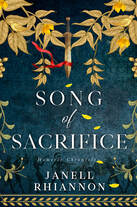
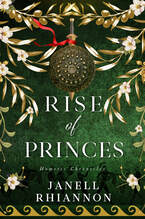
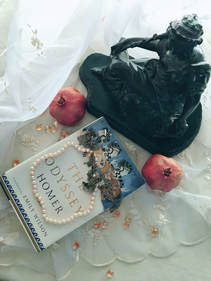
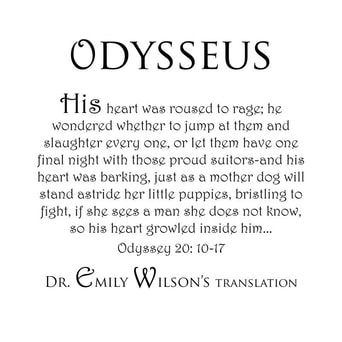

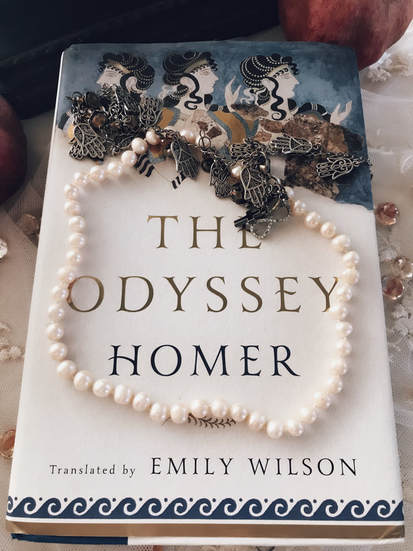

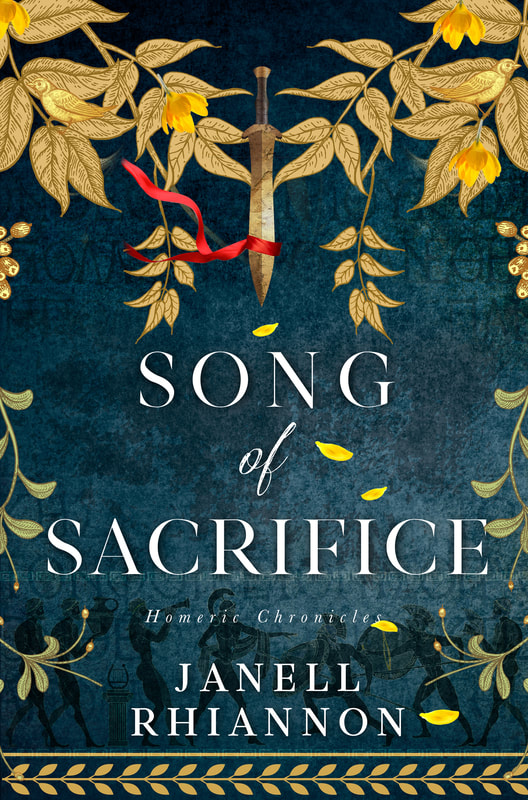
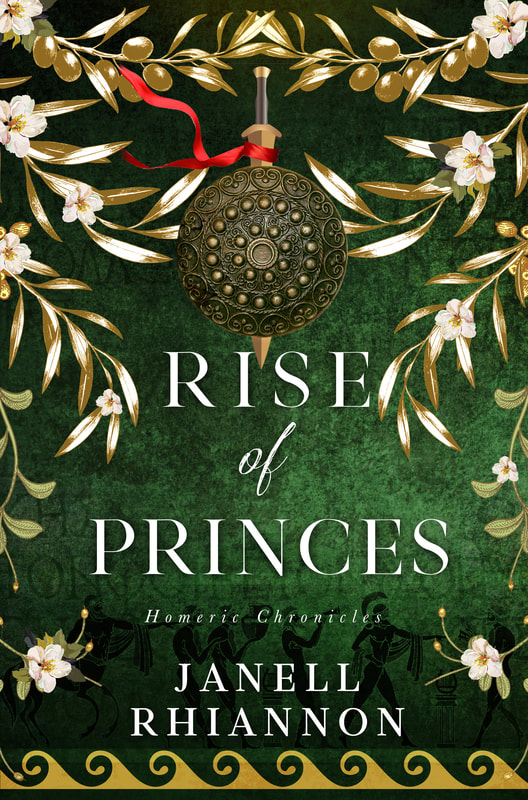
 RSS Feed
RSS Feed